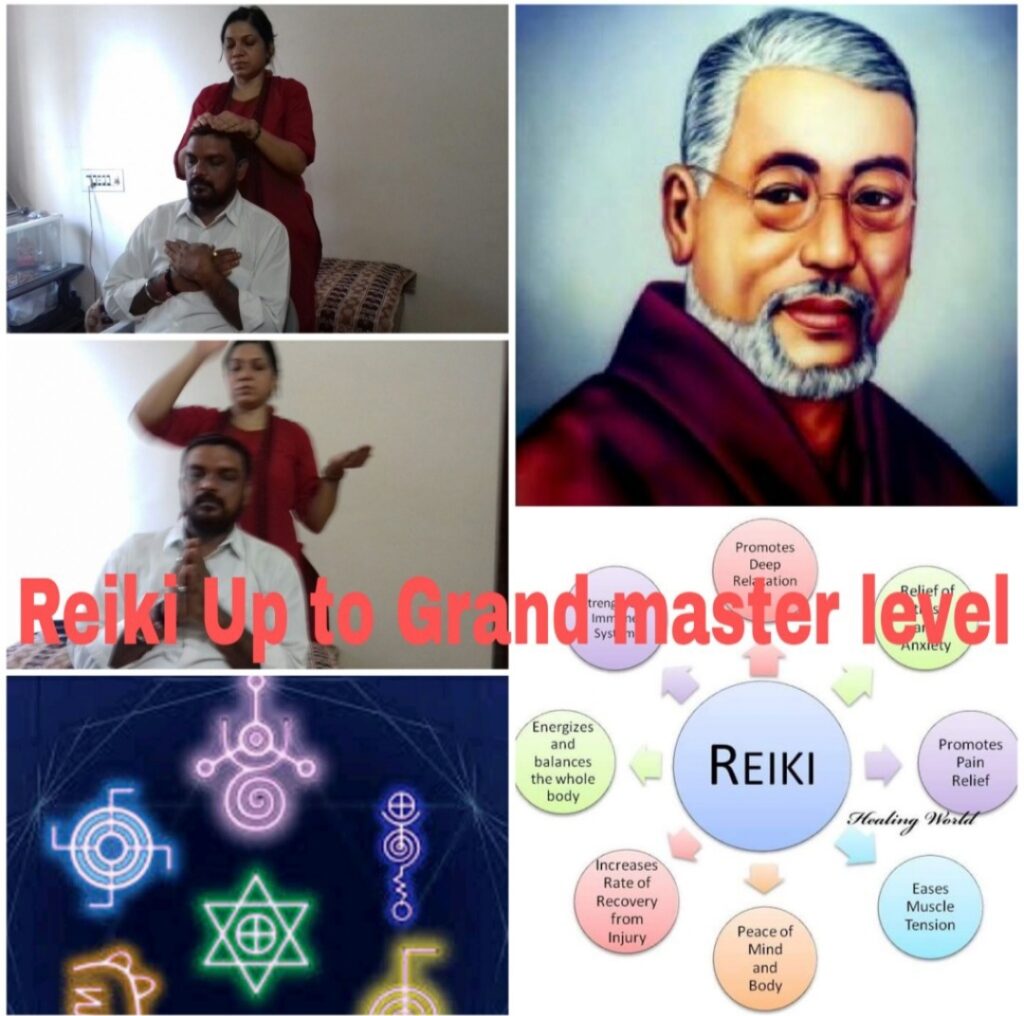Reiki: A Japanese Form of Energy Healing

Key Principles of Reiki:-
- Universal Life Energy: Reiki is based on the idea that there is a universal life energy that flows through all living things.
- Holistic Approach: Reiki treats the whole person, including body, mind, and spirit.
- Gentle and Non-Invasive: Reiki is a gentle, non-invasive therapy that does not require physical manipulation or medication.
- Self-Healing: Reiki encourages the body’s natural self-healing processes to occur.
Benefits of Reiki:-
- Reduces Stress and Anxiety: Reiki can help to calm the mind and body, reducing stress and anxiety.
- Promotes Relaxation: Reiki can help to promote deep relaxation, reducing muscle tension and improving sleep.
- Relieves Pain: Reiki can help to reduce pain and inflammation, improving overall well-being.
- Enhances Emotional Well-being: Reiki can help to balance emotions, improving mood and reducing symptoms of depression and anxiety.
Reiki Sessions:-
- A typical Reiki session lasts between 30-90 minutes, during which the practitioner will place their hands on or above specific positions on the body.
- The patient may feel a sense of warmth, tingling, or relaxation during the session, and may also experience emotional releases or insights.
Reiki Training:-
- Reiki training is available for those who wish to become Reiki practitioners.
- There are five levels of Reiki training: Reiki Level 1, Reiki Level 2, and Reiki Master- 3rd A and 3rd B, Grandmaster level.
- Each level provides progressively more advanced training and techniques for practicing Reiki.
For more in-depth knowledge about this technique visit its presence on :
After course completion get :
- Academy Notes
- Certificate of Completion of Govt. registered institution and International Astrologers Federation (IAF)
